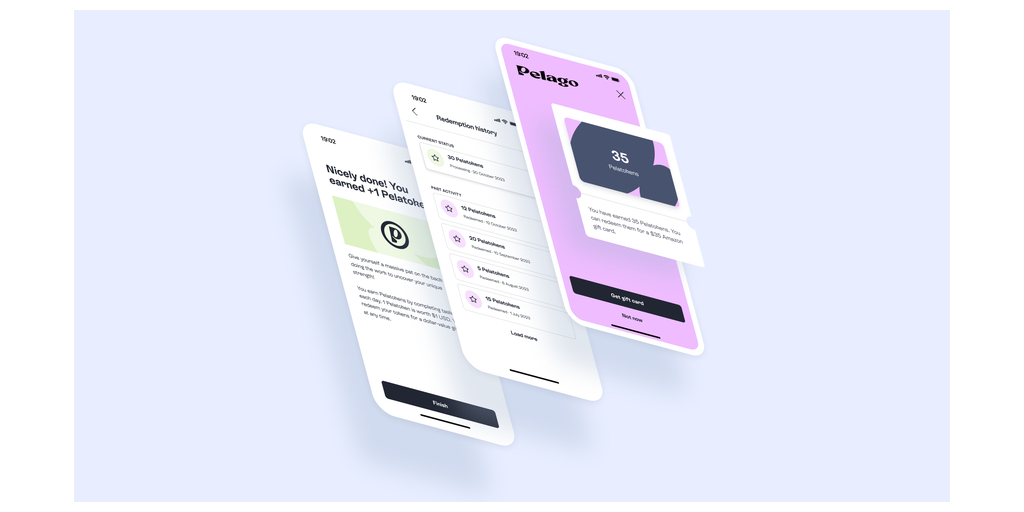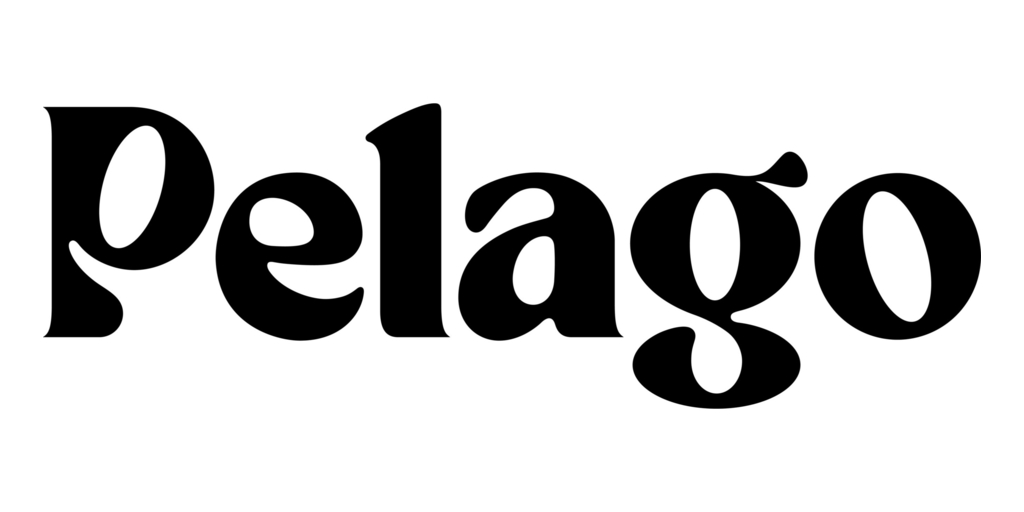Becomes first nationwide digital substance use management provider to offer contingency management to improve outcomes
NEW YORK–(BUSINESS WIRE)–Pelago, the leading digital clinic partner to U.S. businesses and health plans for substance use management, has introduced contingency management to reward behaviors most likely to improve member engagement, motivation and health outcomes. With the introduction of this evidence-based treatment program, Pelago becomes the first nationwide digital substance use management provider to offer contingency management (CM), which will be incorporated into its comprehensive substance use disorder (SUDs) treatment offerings.




Each year, more than 37.5 million U.S. adult workers fail to receive successful substance use treatment. Nearly 60% of those that fail to receive successful substance use treatment are hindered by efficiency and effectiveness barriers, including delays to first appointments, mismatched treatment pathways, and changing motivations.
“When it comes to treating substance use disorders, we know that motivation drives engagement, and engagement drives improved outcomes,” said Pelago Chief Scientific Officer Suzette Glasner Ph.D. “Our substance use management program is built on a foundation of successful, specialized substance use treatment, with rapid time to initiating care and individualized treatment pathways that incorporate both patient preferences and best practices rooted in addiction science.”
As described by the Substance Abuse and Mental Health Services Administration (SAMHSA), contingency management is a behavioral health intervention based on the premise that positive behaviors can be reinforced with prizes, privileges, or monetary incentives. These “positive behaviors” include things such as engaging in SUD treatment and better managing or abstaining from substance use. The effectiveness of CM is well documented and powerful.
“Our evidence-based approach is built on principles of behavioral economics, coupled with our scientifically based understanding of how people make decisions when given the choice between a reward vs an unhealthy alternative,” said Glasner. “The concept is simple and proven to work in the field of substance use treatment: reward members for progressing towards desired health behaviors, which in turn encourages increased positive behaviors that are incompatible with substance use, resulting in more successful outcomes.”
The Pelago contingency management pilot program initially targets alcohol use disorder, with plans to expand to other substances as the program scales. The program will start with seven clients who will provide Pelago with anonymized claims data for analysis and to understand the ROI impact over time. Key behaviors being reinforced are measured, and if the member achieves certain goals or milestones, a reward (Pelatoken) is provided. For Pelago, these key behaviors – which may be adjusted during the pilot – include:
- Entering the app for the first time and completing a survey
- Completing app check-ins and tracking recent substance use
- Attending scheduled appointments with one’s coach or counselor
- Completing cognitive behavioral therapy (CBT) exercises within the app
For each of the actions above, members will be awarded Pelatokens, which can be redeemed for U.S. dollars. Tangible, motivating actions for members will include:
- Reward screens and notifications after specific actions
- A counter of “Pelatokens” on the app home page that counts and tracks the number of Pelatokens a Pelago member has received
- A “drawer” component that allows the member to redeem their tokens and track actions eligible for rewards
Despite CM’s demonstrated effectiveness in people with SUDs, the U.S. Department of Health and Human Services recently noted the approach remains underutilized. This is due in part to the stigma and misconceptions that surround SUDs in general, including that it’s due to a lack of self control, criminal tendencies, or shame that often accompanies someone with an SUD.
A 2018 systematic review of contingency management for the treatment of SUDs reveals that CM has an extraordinarily strong evidence base and shows consistent, statistically significant treatment effects across diverse clinical trials. The review further finds CM is a cost-effective technique that has been used successfully for decades to promote abstinence from alcohol, marijuana, tobacco, opiates, stimulants, and other substances. An earlier meta-analysis found that contingency management resulted in successful treatment episodes 61% of the time compared to 39% for other modalities.
Pelago offers integrated substance use management to employer and health plan populations, with specialized treatment for tobacco, alcohol and opioid use disorders along with support for adolescents. For more information on how our contingency management program could benefit your population, visit www.pelagohealth.com Or contact a member of our team.
About Pelago
Pelago partners with enterprises as the leading virtual clinic for substance use management among their employees. We are transforming substance use support – from prevention to treatment – delivering education, management skills, and opportunities for positive change to members struggling with substance use, most commonly tobacco, alcohol or opioids. Our solution gives employers the means to offer on-demand, personalized support to workers seeking to live healthier lives. Pelago’s cognitive behavioral therapy (CBT) and medication-assisted treatment (MAT) programs deliver convenient, accessible and effective support that seamlessly integrates with health plans, pharmacy benefit managers and wellness platforms. Tens of thousands of members enroll in the Pelago program each year, and more than 3.4 million now have access to the digital clinic.
Contacts
Bruno Solari
(305)-335-9180
